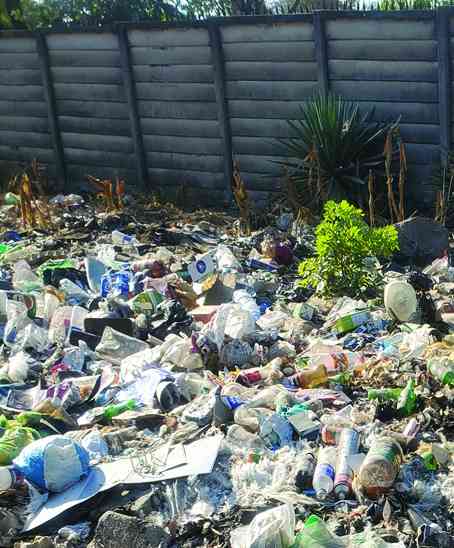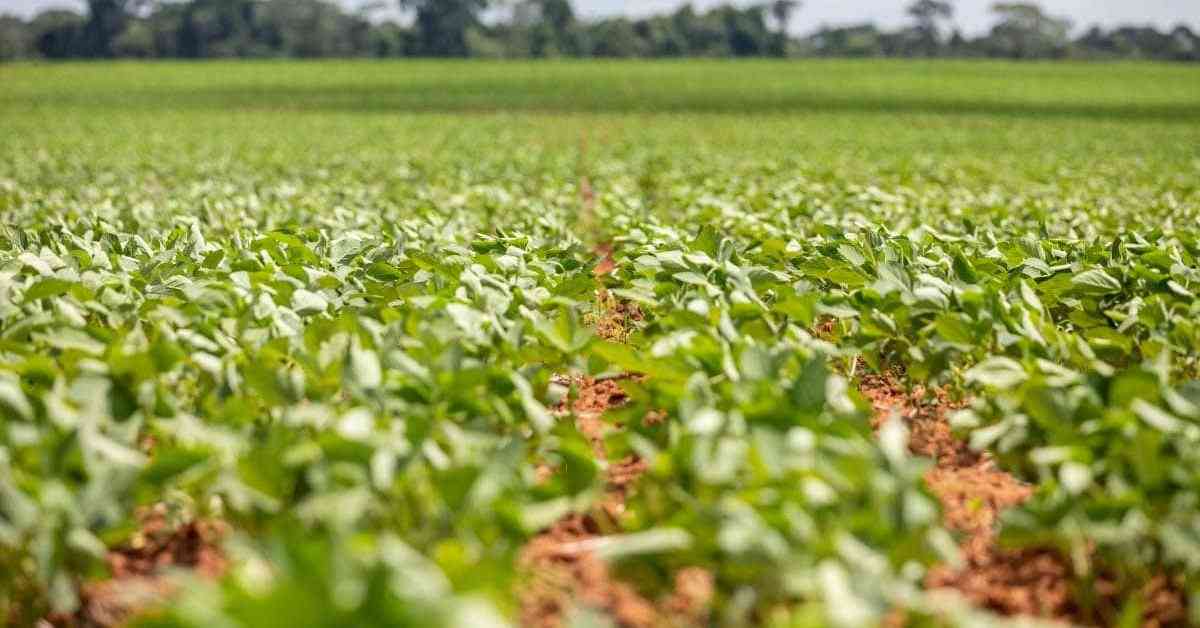
MANY years ago, a white friend asked me the question: “Do whites care more about the environment than blacks?”
At first, I was outraged and felt like defending myself and my ilk against this “racist” outrage.
But over the years, I have come to conclude my friend had a point. Does the environment matter for most of us?
By most of us, I refer to general populace in urban areas who are predominantly black.
I took a stroll recently in Waterfalls Mainway Meadows suburbs, to be specific which borders Harare to the south.
My walk, all the 10 000-step of it (about 6km), took me along the streets of the suburb and then into the stretch of Masotsha Ndlovu Way from Seke Road.
By the time, I was done I was sneezing and my nostrils were runny and my head was aching in the temples.
The first impression was that the streets are fairly clean for a medium density, middle income suburb.
- Corruption, poor workmanship in Bulawayo road construction unmasked
- Corruption, poor workmanship in Bulawayo road construction unmasked
- BCC admits ‘serious’ service delivery challenges…accuses govt of sabotage.
- Sex workers torment Byo CBD residents
Keep Reading
The roads are typical of all Hararean ones — patches of asphalt here and there reminding the walker the streets were once tarred.
. But that is before you look into the drains.
I see plastic beginning to accumulate in the drains. At first, it may look innocuous enough, but this is the beginning of a horror story.
Some homeowners pick up the plastic, but how to dispose of it?
They heap it in any open space available and burn it.
You can smell the burning plastic in the air and your nostrils begin to block and you begin to sneeze.
Meanwhile, others don’t bother collecting the accumulating plastic just outside their gates, leaving it to pile up in the drains.
This hinders the free flow of water, resulting in some ghastly sights.
Stagnant water is fertile ground for the breeding of mosquitoes that carry malaria.
Other pathogens thrive in the rotten water, resulting in the scourge of cholera, typhoid and dysentery that has affected Harare over the years. Weeds begin to grow luxuriantly in the drains and together with plastic and other waste such as non-returnable glass bottles (dumpies) form a barrier in the drains, so the water does not flow at all.
During the rainy season, this often leads to flooding of roads and some homes.
Who does this? Not just plastic is dumped on the roadside. Surely the dog owner could have given it a decent burial. But the dog too will end up in the drains together with construction waste which could be deposited in a landfill.
Masotsha Ndlovu Way is the artery that pumps blood into Mainway Meadows, but it is also one of the busiest main roads in Harare for it links several residential and industrial areas and the busy Harare-Beitbridge Highway.
Welcome to Masotsha Ndlovu Way.
This is Mainway Meadows residents at their grossest. They cross the busy road to dump their garbage on the side of the road. The perimeter wall belongs to a school. No consideration for the health of the learners!
Most of the stuff on the dumps is polyethylene terephthalate (PET) bottles, beverage cans and non-returnable glass bottles or dumpies which motorists throw out the windows of their cars without a care.
This is gross!
Besides the smell of burning plastic and PET bottles vehicle exhaust also pervades the air.
Back in the houses one cannot help but admire most of the houses such as this one.
But look at the foreground. One wonders what this means for the value of the property.
Diapers, cans etc. How do people live with this stuff dumped outside their homes?
This is what one gets in Mainway Meadows instead of the green grass and wild flowers its name promises.
The situation in Mainway Meadows replicates itself in the majority residential areas, even the high-income northern suburbs which were always clean during the white era.
One is tempted to say “the buck stops with the city council”, but the problem is more profound than that.
True, council and its surrogates in the suburbs is not collecting garbage regularly, but what about the minds of the residents who dump their rubbish by the roadside?
Do they give a damn about the environment?
- Nevanji Madanhire is a senior editor at Alpha Media Holdings










